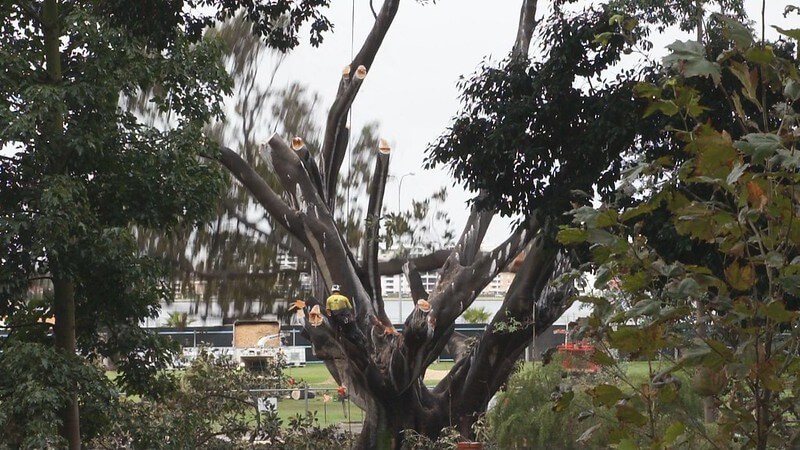
Emergency tree removal is a critical service often required in urban and residential areas to ensure safety and prevent property damage. Understanding when and how to undertake this task is crucial for homeowners and community members.
Understanding Emergency Tree Removal
What is Emergency Tree Removal?
Emergency tree removal involves swiftly taking down a tree that poses an immediate risk to people, property, or the environment. This is often necessitated after severe weather events or when a tree’s health rapidly deteriorates.
When Does Tree Removal Become an Emergency?
Situations like post-storm damage, noticeable leaning, or sudden large branch breakage can transform a regular tree issue into an urgent one.
Causes of Emergency Tree Removal
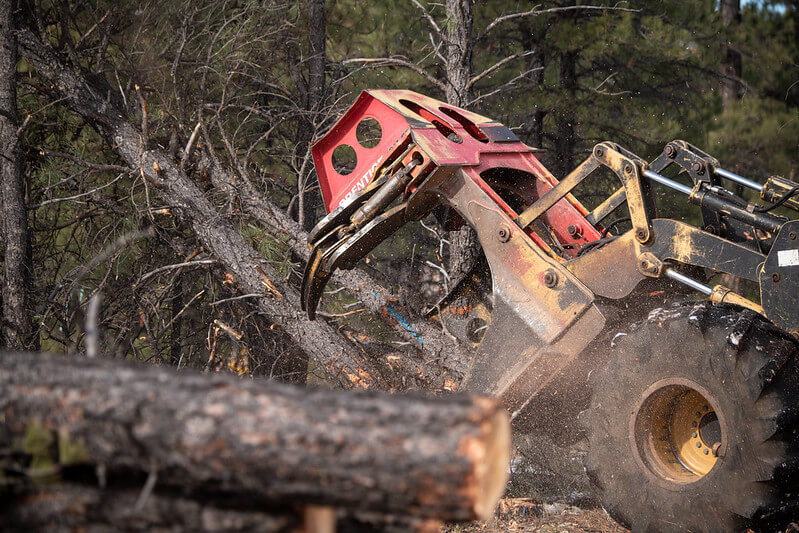
Weather-Related Damages
Storms, lightning, and high winds can render trees unstable, necessitating immediate removal.
Disease and Pest Infestation
Infections and pest attacks can weaken trees, making them hazardous.
Structural Instability and Age
Old and structurally compromised trees can pose sudden threats.
The Process of Emergency Tree Removal
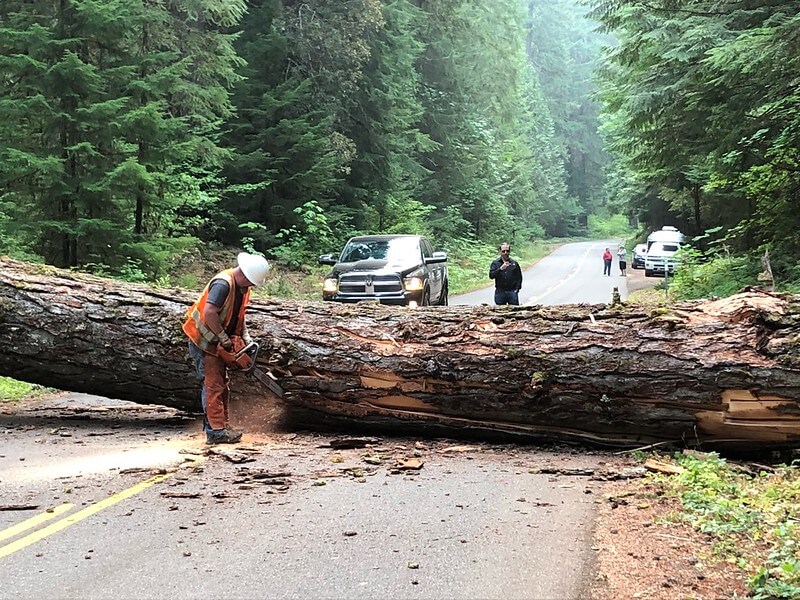
Assessment and Planning
Professionals first assess the situation to plan the safest removal method.
Safety Measures
Safety for workers, residents, and property is paramount.
Removal Techniques
Techniques vary depending on the tree’s size, location, and condition.
Selecting a Professional Tree Removal Service

Certifications and Experience
Choose services with certified arborists and a track record of safe removals.
Equipment and Techniques
Ensure they have the right tools and up-to-date techniques.
Insurance and Liability
Valid insurance is crucial for covering any accidental damages.
Legal Considerations in Tree Removal
Permits and Regulations
Understand local laws regarding tree removal.
Neighbor’s Rights and Disputes
Consider your neighbors’ rights to avoid legal disputes.
Preventive Measures
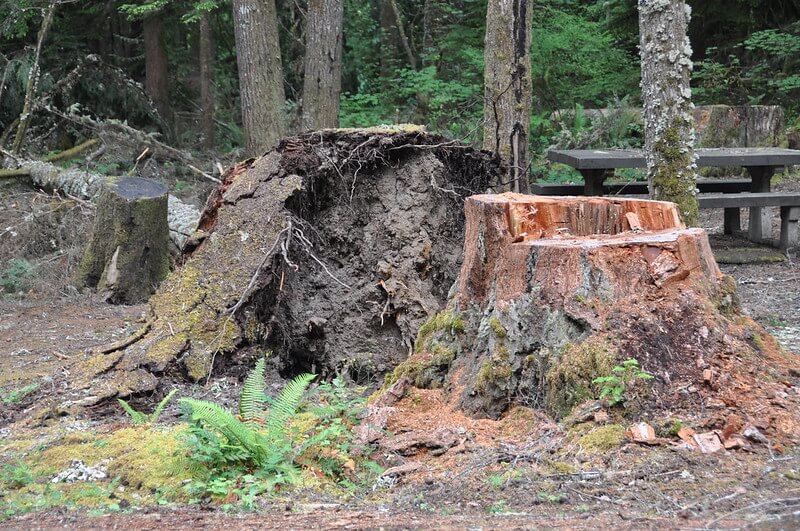
Regular Maintenance and Inspection
Routine check-ups can prevent emergencies.
Pruning and Trimming
These practices maintain tree health and structure.
Recognizing Warning Signs
Early detection of potential hazards can prevent emergencies.
Cost Factors in Emergency Tree Removal
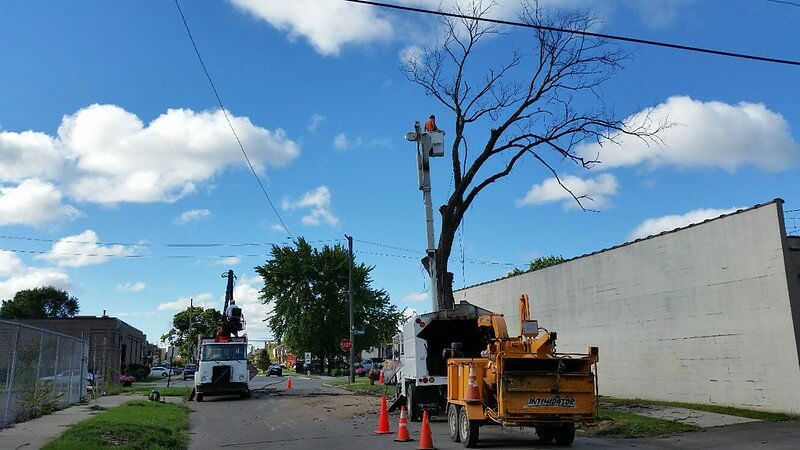
Size and Location of the Tree
Larger and more awkwardly located trees cost more to remove.
Urgency and Timing
Emergency services often carry a premium.
Additional Services
Consider costs for stump removal and clean-up.
Environmental Impact and Sustainability
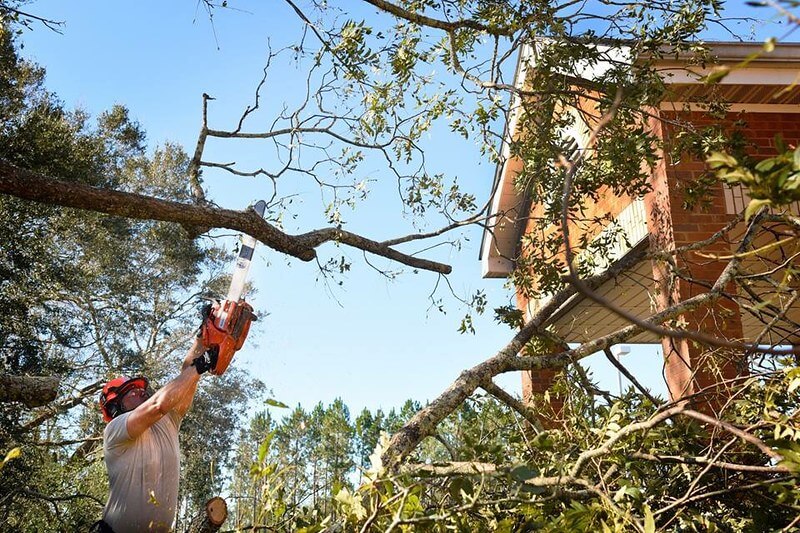
Ecological Considerations
Tree removal should consider the local ecosystem.
Disposal and Recycling of Tree Debris
Proper disposal methods minimize environmental impact.
Case Studies
Real-life examples illustrate the importance and complexity of emergency tree removals.
Conclusion
Emergency tree removal is a vital service that protects property and lives. It requires expertise, proper planning, and an understanding of legal and environmental factors. Always prioritize safety and professionalism when dealing with such situations.
FAQs
- How quickly can an emergency tree removal be arranged?
Emergency tree removal can usually be arranged very quickly, often within hours of the request. Most professional tree removal services have teams on standby for urgent situations. However, response times may vary depending on the company, the severity of the situation, and local demand, especially after widespread weather events. - What are the signs that a tree might need emergency removal?
Signs that a tree might require emergency removal include significant leaning, large cracks or splits in the trunk, dead or hanging branches, sudden foliage loss, and evidence of root upheaval. Additionally, if a tree has been struck by lightning or shows signs of severe disease or pest infestation, it may need urgent attention. - Does homeowners’ insurance typically cover emergency tree removal?
Homeowners’ insurance may cover emergency tree removal, but this depends on the policy and the circumstances leading to the tree’s fall. If the tree falls due to a covered peril, like a storm, and damages insured structures, removal is typically covered. However, if the tree falls without causing damage or due to neglect, the cost might not be covered. Always check your specific policy for details. - Can I remove a tree myself in an emergency?
Removing a tree yourself in an emergency is not recommended unless you have the necessary experience and equipment. It’s a high-risk task that requires expertise to ensure safety and prevent property damage. Professional arborists have the training and tools to safely remove trees in hazardous situations. - How do I choose the right tree removal service?
To choose the right tree removal service, look for licensed and insured professionals with experience in emergency tree removal. Check for certifications from recognized arboricultural associations, read customer reviews, and ask for references. It’s also wise to get estimates from several companies to compare services and prices.
0 Comments